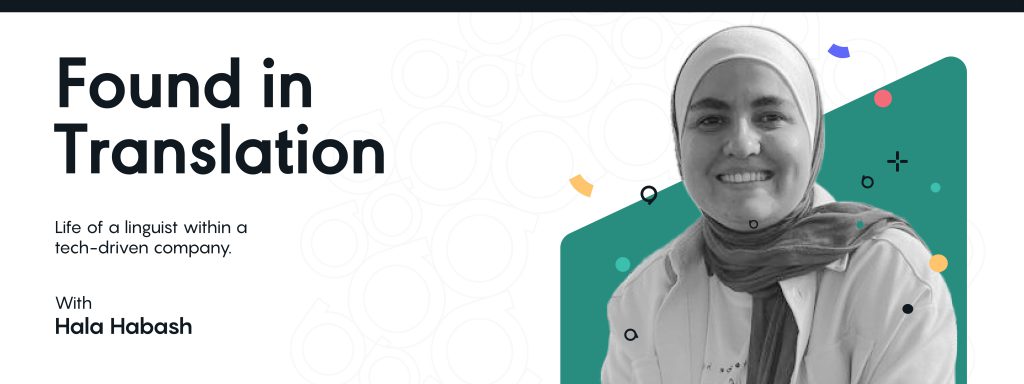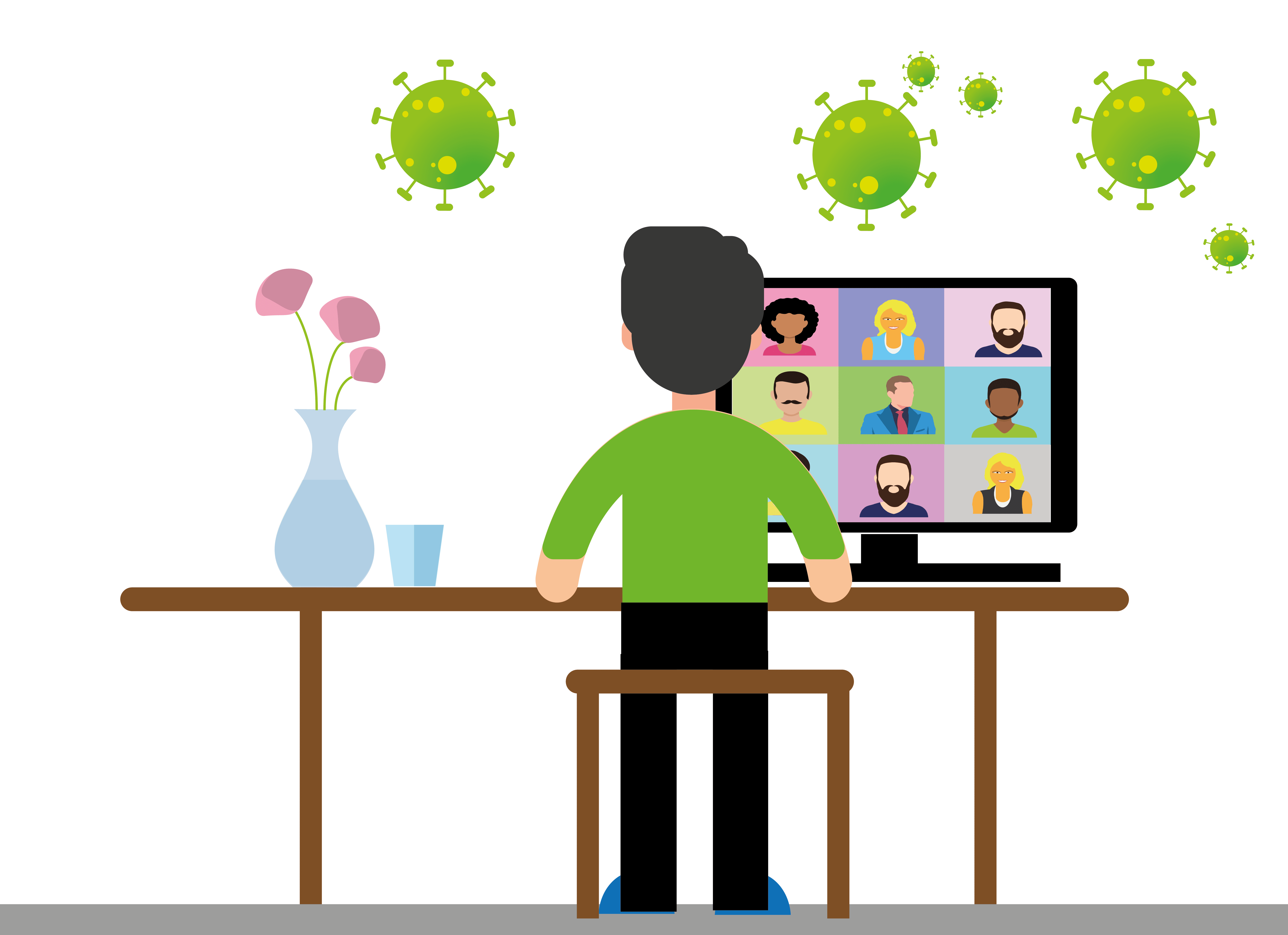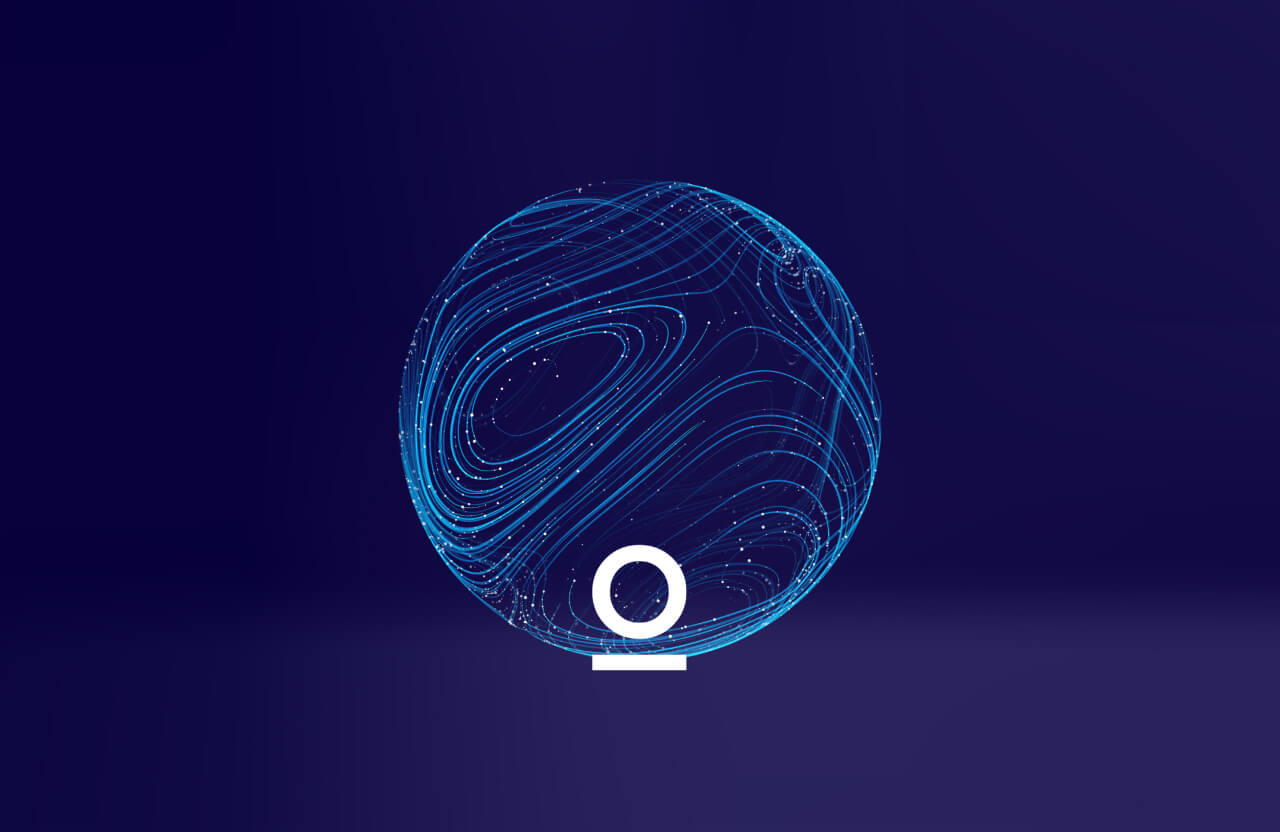This week on the Found in Translation interview series, We would like you to meet our very talented Training Officer Hala Habash, who wanted to become a translator since high school. Hala believed she could so she did!
Let’s get to know her better!
Hala, what is it like working at Tarjama? How is it different from other companies you’ve worked with?
I practically grew up at Tarjama and was lucky to witness its growth firsthand. Working at Tarjama means that you are part of a company that’s evolving all the time, seizing opportunities, and growing non-stop. At Tarjama you are encouraged to be proactive and a problem solver. You are always on the hunt for new challenges and opportunities.
Why do you think it’s better to work at a technology-driven company?
Working at a technology-driven company keeps me up to date with the latest development in the language services sector. For me, I think the secret to Tarjama’s success is combining the power of technology with the unlimited potential of human talent.
How do you see the future of a linguist 5 years from now?
In 5 years, I imagine linguists working mainly on enhancing their creative side, focusing on their writing and transcreation skills to be irreplaceable in this growing sector. There will be a huge demand on language services that can’t be done through automation, and this is the moment where the linguists of the future will shine.
What is the most interesting project you have worked on as a linguist?
I’m all for projects that allow me to be creative and use my own words to convey the intended meaning. Projects that were interesting for me were the translation of a magazine about arts, a book about culture and articles requiring journalistic style translation.
What’s your favorite song to motivate yourself?
I don’t listen to a particular genre, and I don’t have that one song. I jump between Coldplay, Amr Diab, Fairouz, Carmen Tokmaji, and the list goes on.
Who or what inspired you to pursue the career you have today?
I knew I wanted to be a translator since high school, so I guess it was a path I drew for myself! I was always fascinated by anything related to languages and excelled in Arabic and English and later studied Spanish and a bit of Italian.
What would you regard as the three most interesting aspects of language?
New studies have proven that learning a new language changes the way we think. That’s very interesting to me and makes me wonder how much the language we speak has an influence on our mindset and vision of the world.
I also like to explore the etymology of words and their origins. I like tracing their usage from the past to the present and how they change and develop over time.
I like to learn about loanwords and how they became used in a certain language, particularly the Arabic words used in Spanish and English, and what interests me the most are the changes to their phonological structure and usage over the years.
What is your favorite quote?
My favorite quote is “We are not human beings having a spiritual experience. We are spiritual beings having a human experience”. French philosopher, Pierre Teilhard de Chardin





















